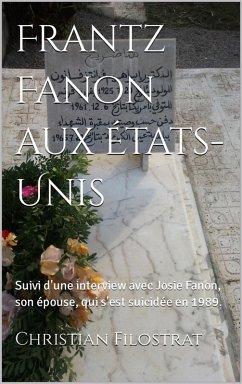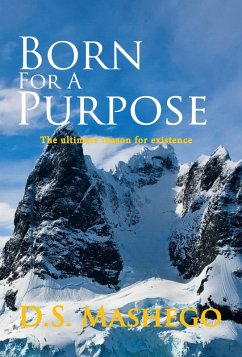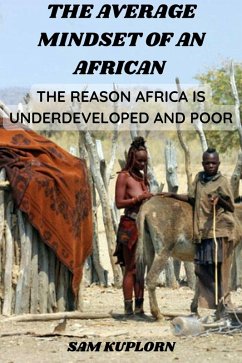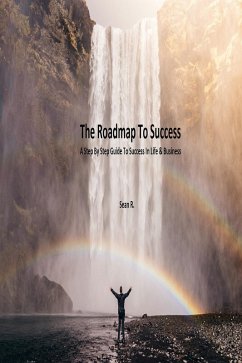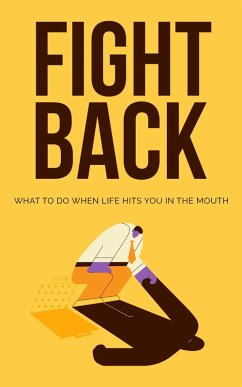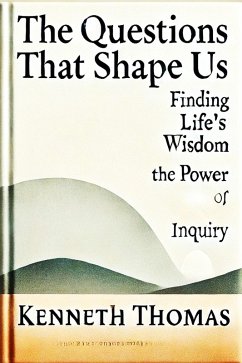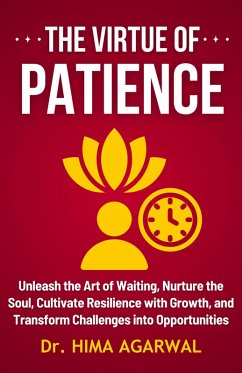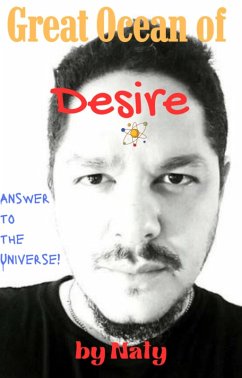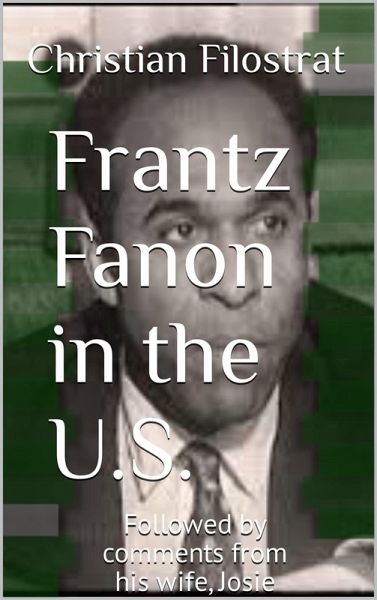
Frantz Fanon in the United States, Followed by Comments from His Wife, Josie Fanon (eBook, ePUB)

PAYBACK Punkte
0 °P sammeln!
Through the good offices of the government of Tunisia, the C.I.A. (C. Oliver Iselin III, 1927-2017) escorted Frantz Fanon to the United States (and his remains back to Tunisia). They arrived at Idlewild Airport (now JFK) on Monday, October 23 1961. Fanon first went to Moscow for treatment, but was told that NIH was the pre-eminent institution for his leukemia. He is thirty-six years old.Frantz Fanon was in the United States from October 23 to December 6 1961. He was housed at the Dupont Plaza (now Dupont Circle) Hotel in Washington, DC until October 30th and then moved to the National Institut...
Through the good offices of the government of Tunisia, the C.I.A. (C. Oliver Iselin III, 1927-2017) escorted Frantz Fanon to the United States (and his remains back to Tunisia). They arrived at Idlewild Airport (now JFK) on Monday, October 23 1961. Fanon first went to Moscow for treatment, but was told that NIH was the pre-eminent institution for his leukemia. He is thirty-six years old.
Frantz Fanon was in the United States from October 23 to December 6 1961. He was housed at the Dupont Plaza (now Dupont Circle) Hotel in Washington, DC until October 30th and then moved to the National Institute of Health in Bethesda, MD, where he died on December 6.
Frantz Fanon was in the United States from October 23 to December 6 1961. He was housed at the Dupont Plaza (now Dupont Circle) Hotel in Washington, DC until October 30th and then moved to the National Institute of Health in Bethesda, MD, where he died on December 6.
Dieser Download kann aus rechtlichen Gründen nur mit Rechnungsadresse in A, B, CY, CZ, D, DK, EW, E, FIN, F, GR, H, IRL, I, LT, L, LR, M, NL, PL, P, R, S, SLO, SK ausgeliefert werden.




